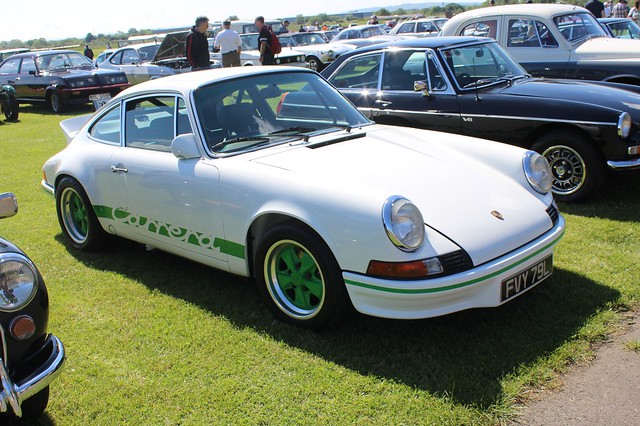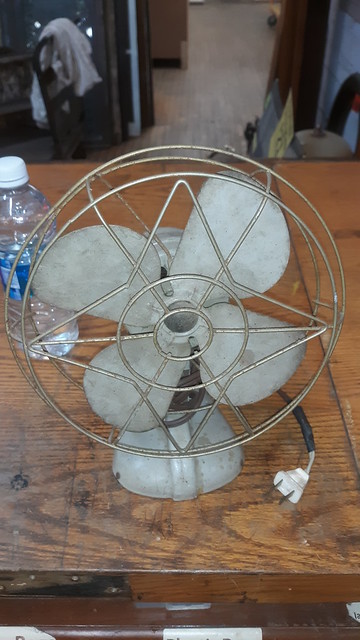Electric Combi Boiler
Electric combi boilers combine heating and hot water into a single system without a separate cylinder or cold-water tank. They use an electrical element to heat the water circulating around it, with thermostats regulating heating and hot-water output.
Understanding how they work can help homeowners make informed choices about their heating options, especially as a predicted gas boiler ban could drive households towards these environmentally conscious alternatives.
Cost
Electric combi boilers are a great option for homes without mains gas, or as a replacement for oil-powered heating systems. They use electricity to heat water, and have a built-in hot water storage cylinder that can hold large quantities of hot water. They are quieter than traditional gas models, and can be wall-mounted combi boiler electric to fit neatly into a kitchen cupboard. They also require less maintenance and repair work.
These types of boilers do not have flues, so they can be installed in older properties without the need for extra pipework. This makes them a good choice for people living in listed buildings, as it would be difficult to install a flue on these structures. They are also more affordable than gas boilers, and they can be fitted in houses with small or medium-sized water demands.
The costs associated with an electric combi boiler include the price of the unit, installation, and running expenses. The cost of installation varies depending on the size of your property and how much space you have for the boiler. For example, smaller houses may only need a small model, while larger ones can benefit from a more powerful unit. A professional heating engineer can help you determine the best boiler for your house. You can save time by filling in the form on GreenMatch, which will connect you with multiple local heating engineers.
Installation
A lot of people are surprised to learn that electric combi boilers can be just as efficient as gas ones. This is because of the way they work – by heating water instantly when it’s needed rather than having to store it in hot water tanks. This also helps save energy because the heated water doesn’t have to travel long distances before reaching the taps or showers.
An electric combi boiler can also be more convenient to install than a gas one. A gas boiler requires a flue and a hot water tank, which can make the job more complicated. However, an electric boiler doesn’t need a flue or a hot water tank, which makes the installation process much simpler. In addition, they can be installed on the ground floor of a property where there might not be enough space for a tank or gas pipework.
An electric combi boiler is perfect for small properties and flats, as it’s easy to fit them in a kitchen cupboard or utility room. They don’t take up much space, and they are usually quieter than gas boilers, because they do not have moving parts that can wear out or generate noise. The only downside is that an electric combi boiler may not be suitable for older homes, as the existing pipework might not be able to support it.
Efficiency
Electric boilers are making waves in the heating market due to their high efficiency levels and environmental friendliness. They are ideal for homes that don’t have mains gas or who are considering a switch to green energy. This type of boiler is also perfect for anyone who wants a quick-fix for cold water and central heating.
The way they work is simple: when you turn on your hot taps, the boiler starts heating the water instantly. It then uses a pump to push the heated water to radiators and taps in your home. Electric boilers are incredibly energy efficient because they only use electricity to heat the water you actually use.
Unlike gas boilers, electric ones don’t need a flue electric micro boiler or fuel tank and can be installed almost anywhere. This makes them ideal for homes that don’t have a lot of space or are located in areas where it would be hard to install a gas boiler.
They are also cheaper to run than gas over the long term. However, you need to consider your power supply when choosing an electric combi boiler. It is important to note that if you want to make the most of your savings, it may be best to use a renewable energy source such as solar panels to power your heating system.
Safety
Electric combi boilers are an effective solution for homeowners looking to replace their old gas system. These all-in-one units provide central heating and hot water on demand without the need for a water tank or cylinder, making them suitable for smaller properties. They also have several safety features, including overheat cut-offs and a pressure relief valve.
Unlike gas boilers, which can leak carbon monoxide into the home, an electric combi boiler does not produce any carbon monoxide. This is important for people with sensitive respiratory conditions and those who have children in the house.
Another benefit of electric combi boilers is that they can be installed in high-rise buildings without the need for a flue. This makes them an ideal choice for people living in flats and apartments. They can also be installed in older homes where installing a new flue would be costly and difficult.
The heart of an electric combi boiler is the heating element, which heats up the water using electrical resistance. It is controlled by the thermostat, which monitors room temperature and activates the heating elements as needed. The expansion vessel helps manage pressure by compensating for the expansion of heated water as it is used in the home. This ensures that the water is not too hot, which could cause burns or other injuries. The thermostat can be programmed to follow specific temperature schedules and optimise energy use.



